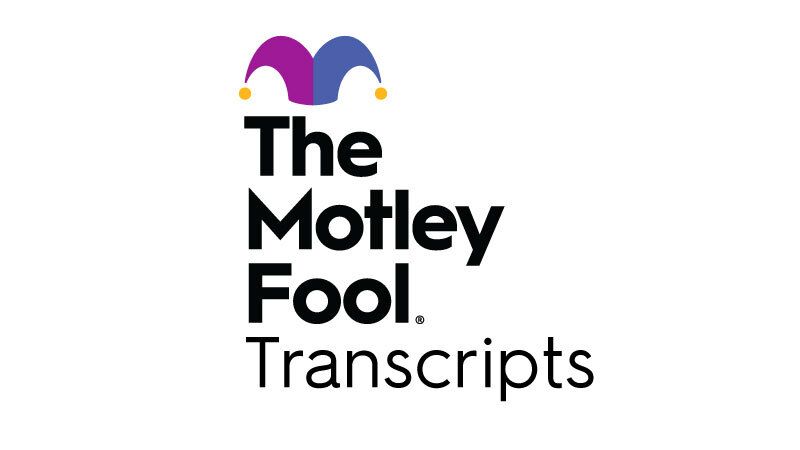Copyright The Boston Globe

Under the OBBBA, the federal government will give the richest 1 percent of Americans more than a trillion dollars in tax cuts over the next decade. To afford these tax cuts for the wealthiest, the current federal administration made funding and eligibility changes to programs that support the lowest-income populations in the country. Federal cuts to Medicaid and the Supplemental Nutrition Assistance Program will amount to about $1 trillion. In Massachusetts, 1.63 million residents get health insurance through Medicaid — or MassHealth, as it’s known here — and 1.11 million receive SNAP benefits. All are at risk of losing some or all of the benefits they currently receive. By 2034, more than 200,000 residents in the Commonwealth will lose health coverage. Other federal cuts will affect funding for Head Start, Pell grants, emergency housing and food assistance, and nutrition for women, infants, and children. To make matters worse, our state links automatically to federal tax rules. The Department of Revenue estimates that unless state lawmakers act to stop it, the new federal tax changes from OBBBA will reduce the state’s own tax collections by $664 million in fiscal 2026 alone. This will have grave impacts on the state’s revenue and operational budget. In 2024 Massachusetts ranked first in the nation in median household income. But the state also ranked third worst in income inequality. If Massachusetts does nothing, the income gap will widen, causing extraordinary harm. To protect low-income and middle-class families from the ravages of federal policies, the Commonwealth needs to increase its revenue. It should start by reclaiming millions in revenue that is now lost to offshore tax-dodging by multinational corporations, whose wealthy shareholders are already disproportionately benefiting from the OBBBA. It is no secret that multibillion-dollar Fortune 500 corporations engage in sophisticated tax avoidance schemes to shift their profits to overseas tax havens. This allows them to avoid paying taxes on profits they generate selling products and providing services in the United States. Starting in 2017, the IRS required multinational corporations to include 50 percent of these offshore profits — termed “GILTI,” for “global intangible low-taxed income” — in their federal tax calculations. Massachusetts, however, currently subjects only 5 percent of these offshore profits to the state corporate tax. The majority of lawmakers in the Massachusetts House and Senate have sponsored legislation that would require multinational corporations to pay tax on 50 percent of their GILTI profits, paralleling the federal approach. This bill would generate hundreds of millions of dollars a year in much-needed revenue for the Commonwealth. This change would also help level the playing field for Massachusetts businesses. Current profit-shifting by multinational corporations puts small businesses in Massachusetts at a competitive disadvantage, since they don’t have offshore subsidiaries. They must pay taxes on their actual income, not a portion of it. And they must help make up for missing taxes from profit-shifting multinational corporations, as well as from federal policies that will leave the Commonwealth struggling to fund health care, housing, and more. Critics of the idea of increasing the state tax on GILTI profits say that Massachusetts would lose competitiveness to other states. But 12 other states already include 50 percent of GILTI in taxes, including most New England states. Detractors also say that increasing GILTI taxes will encourage multinational corporations to reduce their workforces and capital investments in the state. This makes little sense. Because the share of a corporation’s profits that are taxed in Massachusetts is based purely on the portion of its sales made within the state, the only way that corporations would pay less in taxes is if they reduced their sales to Massachusetts customers. This is a money-losing proposition, and not one that businesses would pursue. The federal government is pushing fiscal policies that will hurt low- and middle-income residents and widen income inequality. Massachusetts should do whatever it can to reverse these trends. Making multibillion-dollar corporations pay their fair share in taxes is the right way to start.



